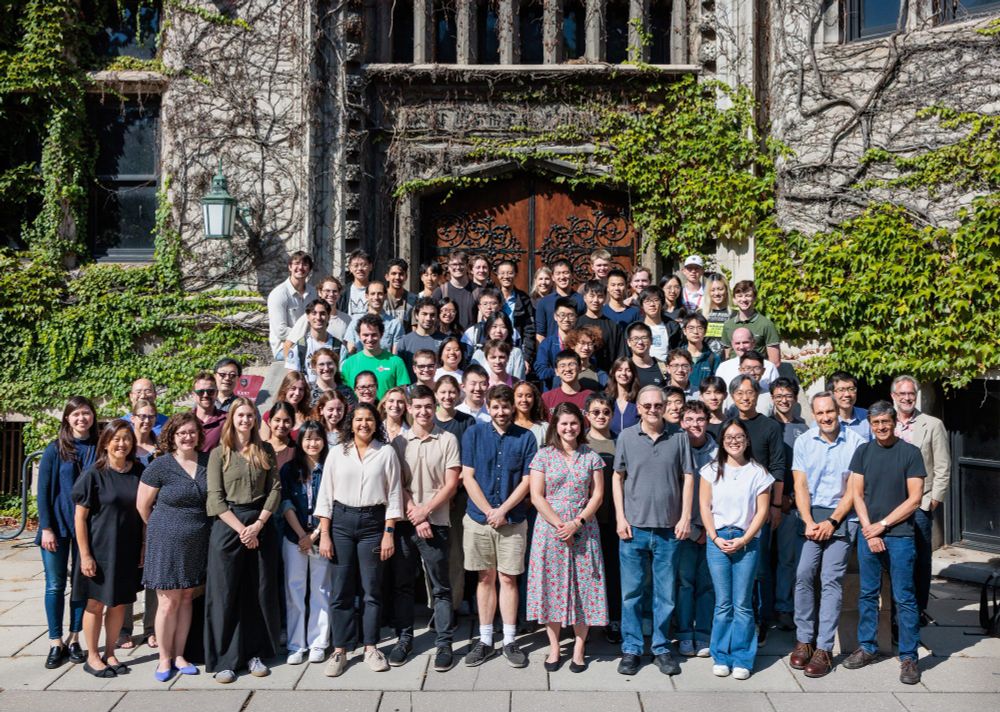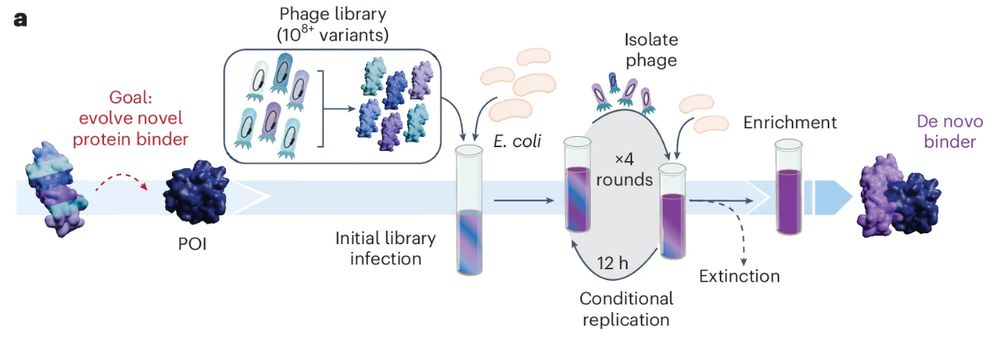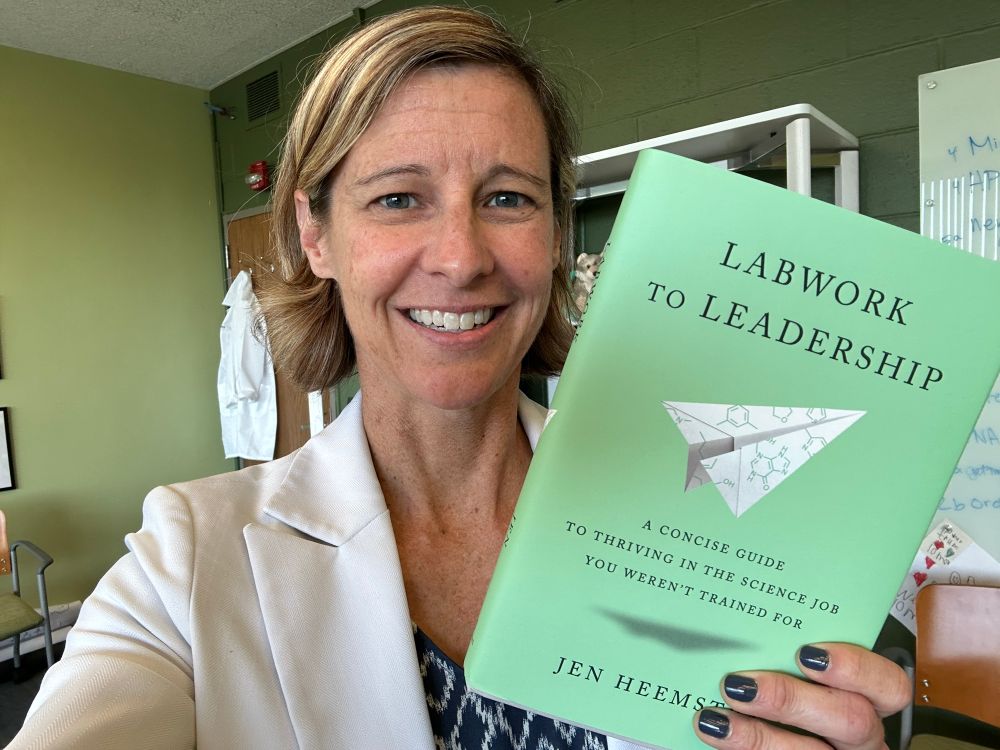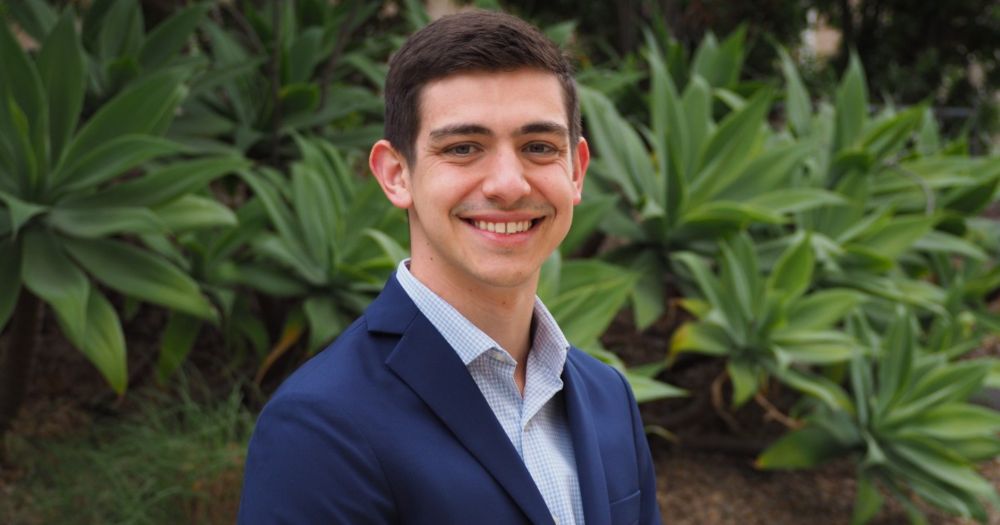Bryan Dickinson
@chembiobryan.bsky.social
1.8K followers
330 following
86 posts
chemical/synthetic biologist, Luddite trying to find better ways to make molecules that do important stuff, dad, @uchicago professor of chemistry
http://www.dickinsonlab.uchicago.edu/
Posts
Media
Videos
Starter Packs
Reposted by Bryan Dickinson
Reposted by Bryan Dickinson
Reposted by Bryan Dickinson
Reposted by Bryan Dickinson
Bryan Dickinson
@chembiobryan.bsky.social
· Aug 28
Jeff Martell
@jeffmartell.bsky.social
· Aug 28

Directed Evolution of Enzymes for Bioorthogonal Chemistry Using Acid Chloride Proximity Labeling
Combining bioorthogonal protecting groups with localized catalysts that can unmask them is a powerful approach to spatially and temporally modulate molecular activity. Enzymes are appealing catalysts ...
chemrxiv.org
Reposted by Bryan Dickinson
Reposted by Bryan Dickinson
Reposted by Bryan Dickinson
Reposted by Bryan Dickinson
Reposted by Bryan Dickinson













